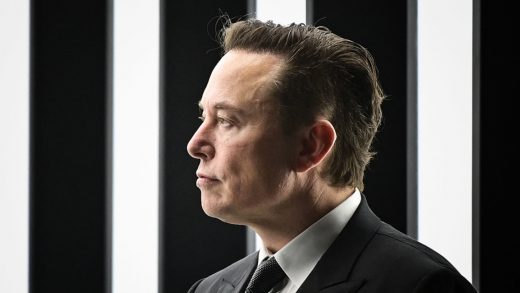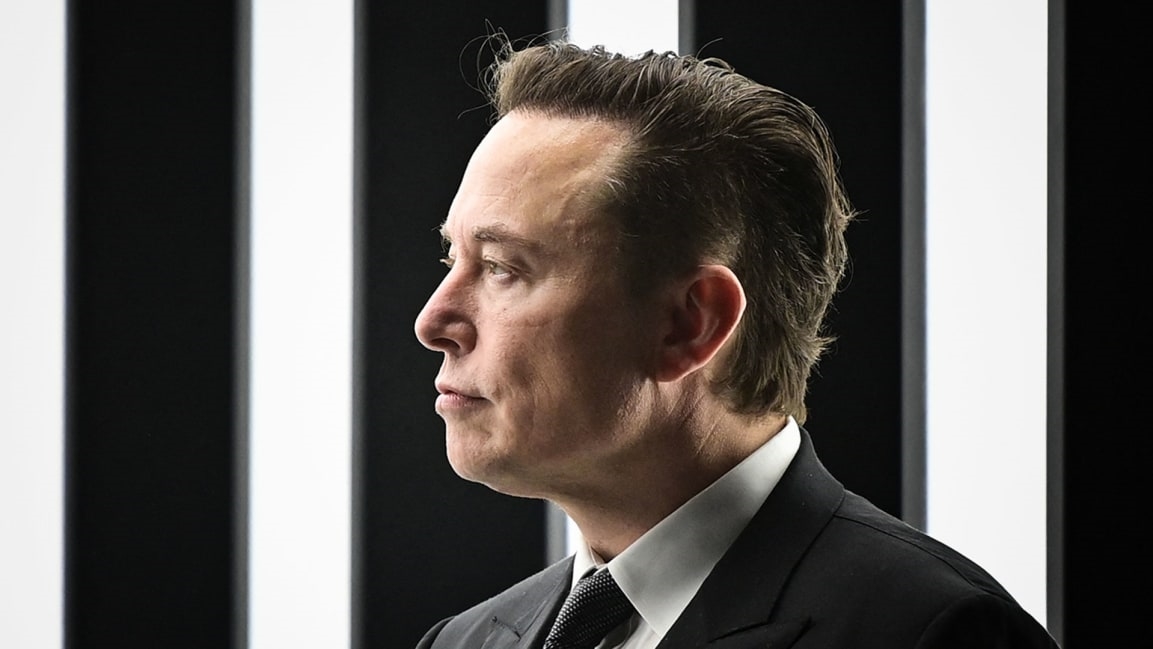What will Elon Musk’s Twitter look like?
It’s been a whirlwind 48 hours for Elon Musk and Twitter. If you haven’t caught up, here’s a quick summary:
So what will Twitter look like with Elon Musk on the board? The founder of Tesla and SpaceX and the world’s richest billionaire, Musk has amassed a cult following on Twitter, where he’s known for trolling as well as his libertarian views as a self-proclaimed “free speech absolutist.” Two weeks ago, he posted a Twitter poll stating that “free speech is essential to a functioning democracy,” and asking his followers, “Do you believe Twitter rigorously adheres to this principle?” (70% of 2 million voters said “no.”) “The consequences of this poll will be important,” Musk wrote at the time. “Please vote carefully.”
The next day, he posted again: “Given that Twitter serves as the de facto public town square, failing to adhere to free speech principles fundamentally undermines democracy. What should be done? . . . Is a new platform needed?”
As a board member, Musk could potentially advocate for a lighter hand when it comes to moderation or terms-of-service enforcement. He could also hold sway in who else joins the leadership ranks, and has said he hopes to make “significant improvements” to the business in the months ahead.
But throughout all this, his personal stake is glaring. Musk’s free speech grievances go beyond his right to share memes comparing Canadian Prime Minister Justin Trudeau to Adolf Hitler. His Twitter use has brought real trouble upon him from the SEC, which has, since at least 2018, scrutinized his past tweets about Tesla’s inner financials and production schedules. In a recent court response following years of sparring, Musk has insisted he won’t be “muzzled” on Twitter, and accused the agency of “chilling his exercise of First Amendment rights.” If the SEC were to seek to remove Musk from the platform, it might become more difficult now that he’s part owner.
Meanwhile, conservative politicians have seized the opportunity to demand Musk pluck Donald Trump from the shambles of Truth Social, and put him back on his internet podium. Will Musk do it? It’s possible, but nothing so far suggests he would be so inclined, or that he would even have necessary support from the rest of the board to make it happen. And his board position, as some have noted, prevents him from owning more than 14.9% of the company and taking a controlling stake. For now, at least, Musk seems to be focused on his own problems—and giving Twitter users that controversial edit button.
(39)



